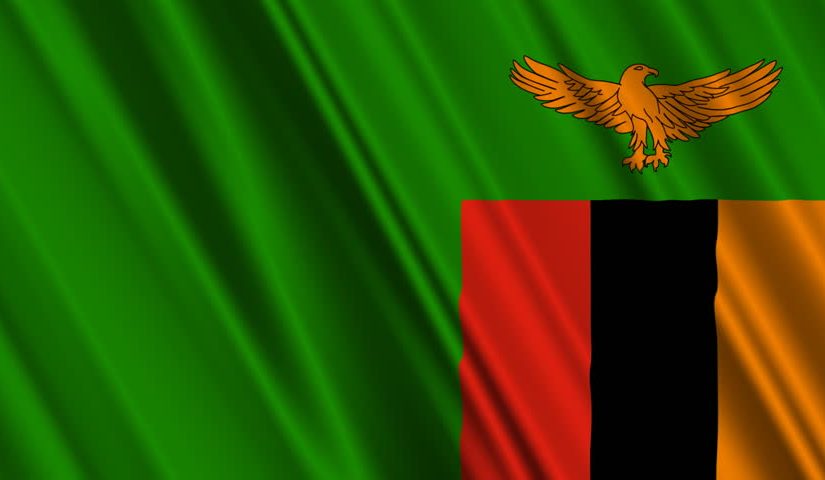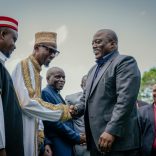South Africa plays down comments by its general visiting Iran
Zambia gets default lifeline but Eurobond holders still worried

in file CoM
Zambia has entered extra time in its bid to win debt relief from its Eurobond holders.
On Tuesday, a key group of investors representing 40% of the Eurobonds abstained from voting rather than outright rejecting the country’s debt-standstill proposal, according to a person familiar with the situation who asked not to be named because the matter is sensitive.
While the bondholders remain concerned about the lack of transparency on the country’s debt, they wanted to give the government more time to engage with them, the person said. The investors are prepared to contribute to debt relief, but only as part of a comprehensive effort by all creditors and with the endorsement of the International Monetary Fund (IMF).
The talks will be closely monitored by other poor nations seeking debt relief, as well as fixed-income investors worried about where the next potential default may be on a continent awash with debt to Chinese state lenders.
“The core sticking points remain exactly the same: a lack of clarity over the treatment of the Chinese loan holders compared to Eurobond holders, and the potential trajectory of an IMF programme,” Ron Raychaudhuri, a portfolio manager at APG Asset Management in Amsterdam, said. “Those concerns have not gone away.”
Voting on Zambia’s request for a six-month deferral of interest payments worth about $120m on its three Eurobonds will now take place November 13, after it failed to reach the required quorums. That’s the day Zambia will enter default unless it pays an already overdue coupon on its $1bn of dollar notes due in 2024.
“The government remains committed to finding a consensual and collaborative resolution to the fiscal and debt sustainability issues it is currently facing,” Zambia’s finance ministry said in an e-mailed statement.
While Zambia said it wants to treat commercial and official creditors on an equal basis, bondholders are concerned any relief they grant would be used to service debts owed to Chinese state lenders, which account for as much as a third of its external liabilities.
“No-one is a winner without an agreement,” said Simon Quijano-Evans, the London-based chief economist at Gemcorp Capital. “The real way forward is to increase transparency and adopt a multi-pronged approach that includes bondholders, the international finance institutions and China, just as Ecuador did.”
Pandemic woes
The coronavirus pandemic added to Zambia’s woes, with the economy forecast to shrink this year for the first time since 1998, but its debt problems started years earlier. Africa’s second-biggest copper producer has borrowed heavily since 2012, building up nearly $12bn in external debt and ignoring warnings from the IMF of growing debt-distress risks.
Zambia’s 2024 Eurobonds fell 1.9% to 42.9c on the dollar by 9.03am in London on Wednesday, after dropping 1.2% on Tuesday. Its currency has slumped by 30% this year, more than any other in Africa.
Investors have grown increasingly sceptical of the government’s commitment to keep external debt in check and reach a deal with the IMF. With 10 months to the next general elections, it faces a tumultuous task of trying to negotiate deals with private creditors and Chinese state-owned banks, while seeking to win endorsement from the IMF.
Said Raychaudhuri, “They can give assurances but I think we’re past the stage where mere assurances are enough.”
By Matthew Hill and Taonga Clifford Mitimingi












Leave a Reply
Be the First to Comment!
You must be logged in to post a comment.
You must be logged in to post a comment.